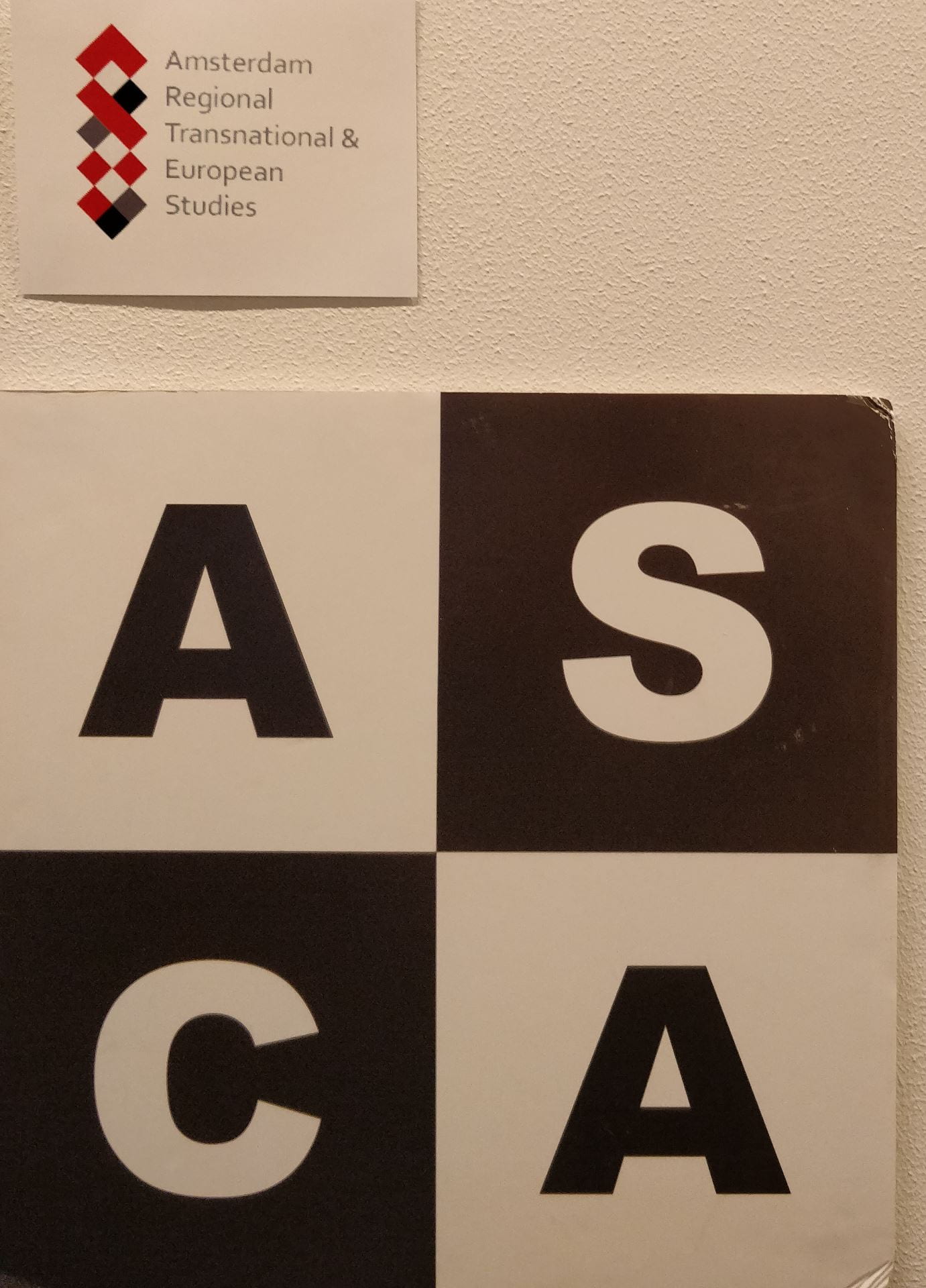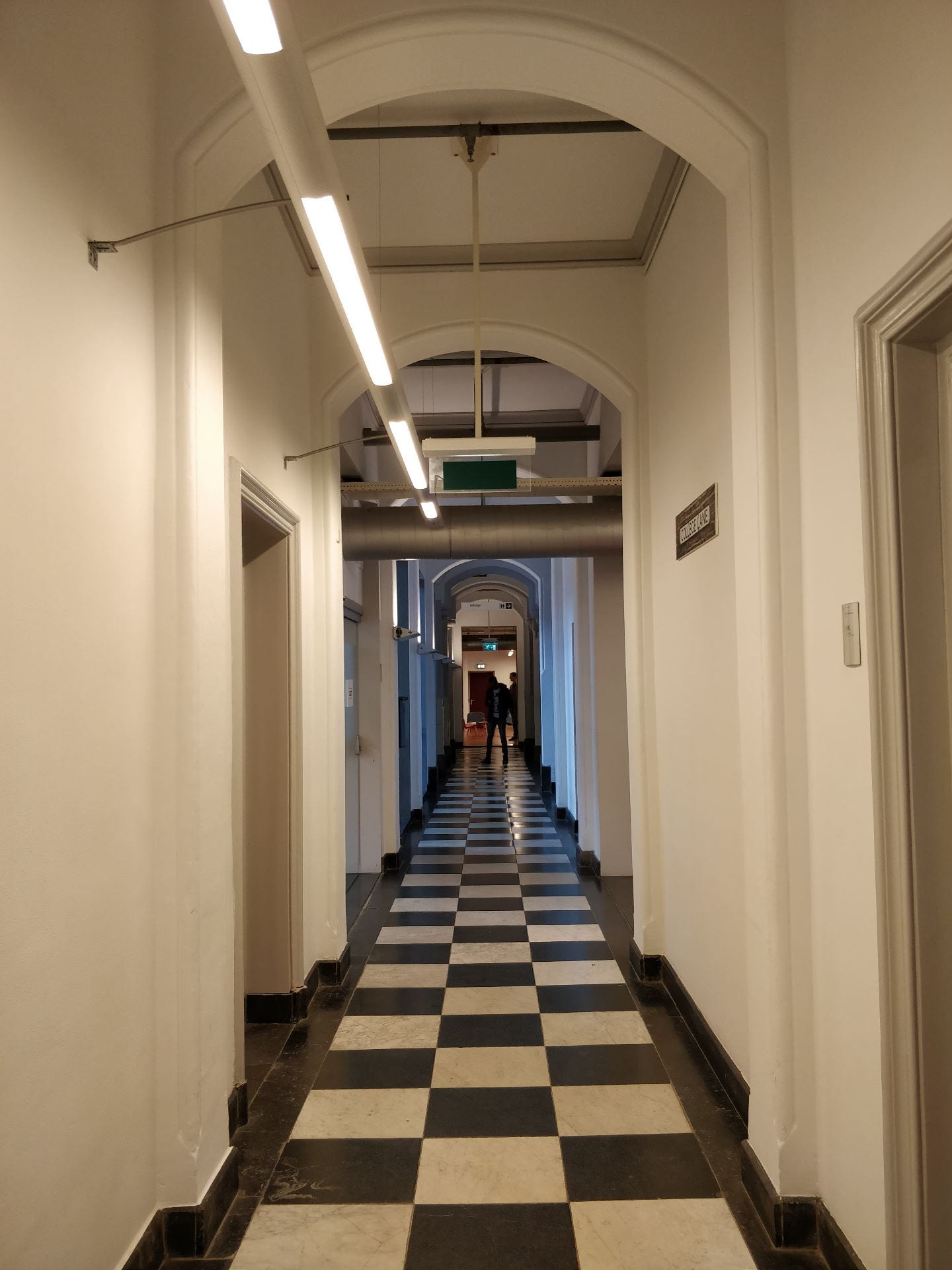Reflection on University of Amsterdam, Erasmus + Staff Exchange for Training, 3-6 September 2019 by Ozan Tekin

As an exchange staff at the University of Amsterdam, I availed myself the opportunity to participating in a seminar by Dr. Nivja De Jong who is a senior university lecturer at the Leiden University Centre for Linguistics and the ICLON Graduate School of Teaching. She delivered a speech on ”Speaking Fluency viewed from different research perspectives”, as part of the Amsterdam Centre for Humanities Research.
Dr. De Jong’s speech was concentrated on the viewpoints of four linguistics research fields such as applied linguistics, discourse analysis, psycholinguistics and sociolinguistics. Founding her talk on previous research conducted on the same topic, she illimunated and navigated the audience into the different aspects of fluency as defined by the abovementioned disciplines. Standardized language tests such as the IELTS constitute her sample for research. In this vein, her research takes a look at fluency as a concept in second language assessment and how this can be informed by research in applied linguistics. After a brief description of fluency in four language tests as informed by their assessment criteria, she touched upon recent insights from applied linguistics, psycholinguistics, discourse analysis and sociolinguistics. Departing from the description of the concept of fluency in each field, she asserts that each field regards fluency as a concept that only considers the listener’s viewpoint, and that disfluency is only regarded as a deficit. As opposed to these definitions, she suggests that the only determinant of fluency is not the lister’s perspective since not all disfluencies are engendered by problems in the formulation and articulation of speech in L2. She concluded speech by pointing out the following: a) fluency is partly dependent on personal speaking style, b) disfluencies do not point to problems in formulating language but also are helpful indicators for the listener, and c) some disfluencies also constitute a part of communicatively effective speech. She also underlines the fact that to what extent assessors/ raters of speaking tests are able to distinguish between different types of disfluencies. Therefore, it is necessary to consider that L2 speakers are only penalized on disfluencies engendered by a lack of L2 proficiency and that hinder effective communication. I believe that Dr De Jong’s research findings are also relevant for our teaching setting as standardized speaking tests are also run at our school.
Besides this insightful academic seminar on fluency, it was also a great opportunity to carry out research related to the PhD project I am currently working on: ”Perceptions of the EU and Europe on Twitter in Turkey”. On the other hand, it was also quite enjoyable to spend time with colleagues in Amsterdam as we took part in the faculty opening of the academic year 2019-2020. The opening kicked off the welcoming speech of the Dean of the Faculty of Humanities in Dutch. It was followed by mingling with colleagues studying assorted topics and a fun dance night. I also had the opportunity to establish a good network of international researchers and experience a multicultural working and teaching atmosphere. I believe that further cooperation between the two universities shall yield beneficial results in terms of research, teaching excellence and student life for both universities.



Leave a Reply